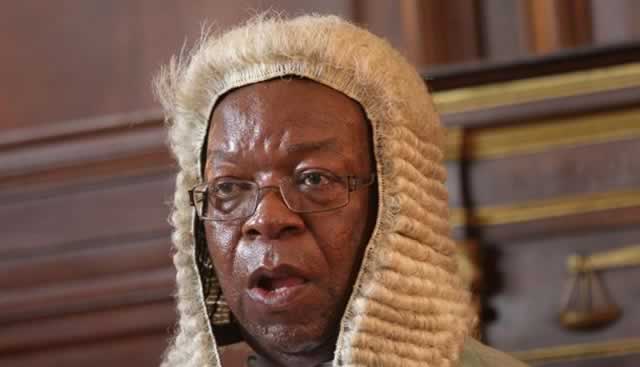‘Employers treading on dangerous ground’

Oliver Kazunga Senior Business Reporter
EMPLOYERS should tread carefully when dismissing workers on notice as that could backfire and inflict more costs on their business, veteran labour consultant, Davis Ndumiso Sibanda, has said.
Speaking at a breakfast meeting for company executives in Bulawayo yesterday, Sibanda said companies risk ‘bitter’ litigation if they continue firing people when an appeal against a landmark Supreme Court ruling over the matter has not been concluded at the Constitutional Court.
More than 6,000 workers have lost their jobs countrywide following the Supreme Court judgment in a case involving two sacked Zuva Petroleum senior managers, Don Nyamande and Kingstone Donga, two weeks ago.
The Supreme Court ruled that employers have a right to terminate contracts for workers upon giving a three months notice only, without packages.
Sibanda said since the Supreme Court did not define the reasons for termination of employment on notice, this was likely to pose a challenge in the Constitutional Court, where the matter has been referred.
“While we can’t deny that for a long time employers couldn’t retrench or terminate on notice to right size or downsize the business because of harsh retrenchment rules and the cost that comes with it, our biggest problem now is that people (employers) have just run with the Supreme Court judgment without applying their minds.
“The argument that, ‘Is it fair to terminate somebody’s contract without giving reasons?’ is likely to arise in the Concourt. Employers terminating employment contracts on notice so far taking advantage of the window created by the Supreme Court ruling are taking the risk of possible litigation until the case is finalised by the Concourt,” warned Sibanda.
He said depending on how the workers would appeal at the Concourt against the Supreme Court judgment, the workers might be reinstated or the employers would be ordered to pay for the damages caused.
“And if reinstatement isn’t possible, they’ll be ordered to pay for the damages, which in that case is less expensive than the retrenchment route,” he said.
Before terminating employment contracts on notice, Sibanda warned that employers should exercise caution as well as seek expert advice on the issue.
“Following the recent ruling by the Supreme Court, there’re some employers who’re quite desperate to actually shed off employees,” he said.
Sibanda said according to the Labour Act, termination of an employment contract on notice was not applicable to dismissal and retrenchment cases and fixed term contracts unless provided for in the contract.
He, however, said employers were likely to succeed when terminating employment contracts on notice if they provide substantive evidence of financial insolvency.
“Where the employer is financially embarrassed, that is, faced with financial hardships, salary arrears, lack of working capital, heavy debt, not breaking even . . ., termination of employment contract on notice can be applied upon proof of substantive evidence,” added Sibanda.
He said despite the current challenges on the country’s labour market, it was imperative to sanitise the Labour Act in a balanced manner that promotes the interest of employees and employers.
“The answer to the challenge lies in sanitising the Labour Act in a responsible manner where the interests of labour and workers are balanced. This has to be done without delay as the effects of the judgment on labour relations and the economy in general is downgrading. For example, providing loans to workers under the current situation becomes a very risky business for banks,” Sibanda said.
Comment could not be obtained from the Employers’ Confederation of Zimbabwe chief executive John Mufukare as his mobile phone was not being answered.











Comments